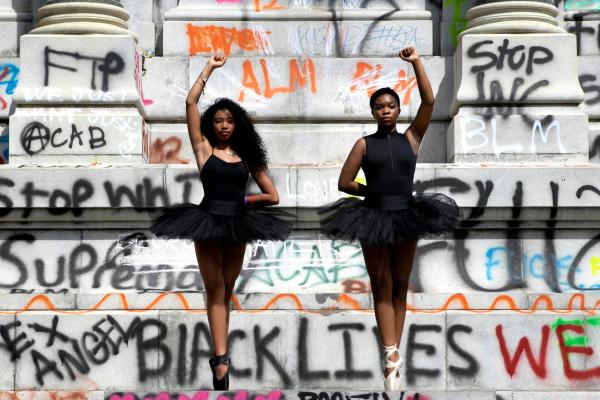Dec 22, 2020
Most years are a give and take, but 2020 lost its balance. It mainly took lives and gave news. Every justice story had a faith angle and every faith story had a justice angle. When the editors of Sojourners look back on this historical year, these four faith and justice stories will loom the largest.
Read the Full Article

Already a subscriber? Login
